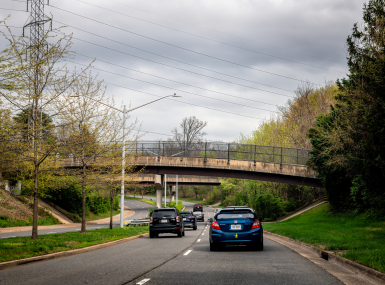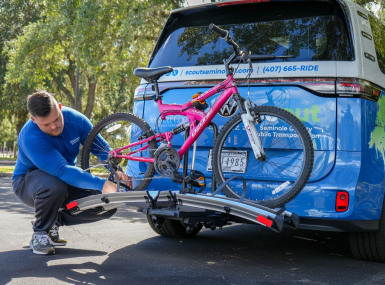NACo Analysis: Senate Drinking Water and Wastewater Infrastructure Act

Upcoming Events
Related News
On March 24, 2021, the U.S. Senate Committee on Environment and Public Works unanimously advanced S. 914, the Drinking Water and Wastewater Infrastructure Act of 2021 (DWWIA). DWWIA currently has twelve bipartisan cosponsors and includes $35 billion in funding for water development projects across the country with a focus on upgrading aging infrastructure, addressing the threat of climate change, investing in new technologies, and aiding marginalized communities. The programs in the bill are authorized at the U.S. Environmental Protection Agency (EPA).
On March 23, 2021, NACo sent a joint letter with the National League of Cities and the U.S. Conference of Mayors supporting this legislation.
With broad bipartisan support, we expect this bill to pass the Senate this year. With President Biden’s recent announcement of his American Jobs Plan, we expect Congress to use DWWIA as a framework for the water infrastructure title of the bill that Congress uses to try and pass the American Jobs Plan. The House introduced similar legislation to address our nation’s water infrastructure needs.
This analysis highlights key provisions for county governments.
Resource
Legislative Analysis for Counties: The Inflation Reduction Act

Related News

Local government organizations send letter in support of the BASICS Act to congressional leaders
On February 16, nearly 80 state associations of counties and municipal leagues representing local governments in all 50 states sent a letter to the leaders of the U.S. House Committee on Transportation and Infrastructure and the U.S. Senate Committee on Environment and Public Works expressing their support for the Bridges And Safety Infrastructure for Community Success (BASICS) Act (H.R. 7437) and urging its inclusion in the next surface transportation reauthorization bill.

U.S. House members introduce NACo-endorsed, bipartisan BASICS Act to improve transportation programs for local infrastructure
On February 9, Reps. Kristen McDonald Rivet (D-Mich.) and Robert Bresnahan (R-Pa.) introduced the Bridges And Safety Infrastructure for Community Success (BASICS) Act.
